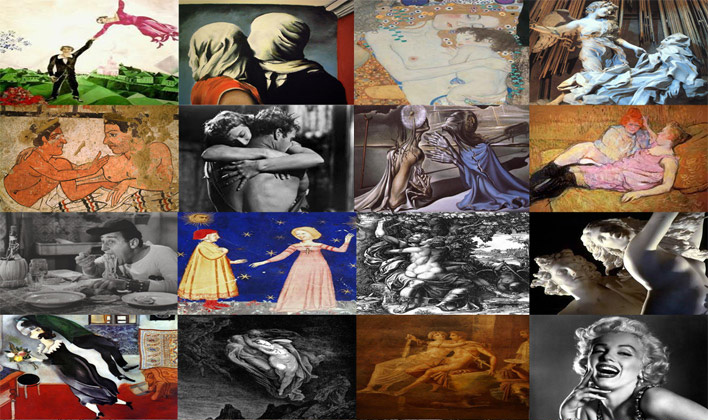Literature, Advertising and Return of the Repressed
Abstract
Since I have faced with the hypothesis elaborated by Francesco Orlando, according to which literature is a form of return of the repressed, I wondered what – in our era of deregulation, end of censorship and taboos – could occupy the place of the repressed. One of the most influential sociologists, Zygmunt Bauman, has outlined the epochal passage from “the uneasiness in civilization” to today's “uneasiness of freedom”. The problem of desire today would not be a clash with a limit, but an indefinite freedom that is likely to turn into lost, loss of intensity and meaning.
Downloads
References
Beigbeder, Frédéric, 26.900 lire, Milano, Feltrinelli, 2001.
Giusti, Marco, Il grande libro di Carosello, Milano, Sperling & Kupfer, 1995.
Lagioia, Nicola, Occidente per principianti, Torino, Einaudi, 2004.
Nabokov, Vladimir Vladimirovič, Lolita, Milano, Adelphi, 1996.
Orlando, Francesco, Per una teoria freudiana della letteratura, Torino, Einaudi, 1987.
Pasolini, Pier Paolo, Saggi sulla politica e sulla società, Milano, Mondadori, 2006.
Sacriste, Valérie, “Hommes de lettres et publicité: histoire sociale d’une resistence culturelle”, Littérature et publicité. De Balzac à Beigbeder, Eds. Laurence Guellec - Françoise Hache-Bissette, Marseille, Gaussen, 2012.
Scurati, Antonio, “Recrudescenza”, Dreams. I sogni degli italiani in 50 anni di pubblicità televisiva, catalogo della mostra alla Triennale di Milano 17 febbraio-30 maggio 2004, Ed. Gianni Canova, Milano, Bruno Mondadori, 2004.
Vickers, Graham, Chasing Lolita. How popular culture corrupted Nabokov’s little girl all over again, Chicago, Chicago Review Press, 2008.
Volli, Ugo, Schermo delle mie brame. Come la pubblicità ha cambiato il costume degli italiani 1954-2004 (catalogo su Cdrom della mostra al Castello di Rivoli, 5 luglio-12 settembre 2004).
Copyright Notice
You are free to copy, distribute and transmit the work, and to adapt the work. You must attribute the work in the manner specified by the author or licensor (but not in any way that suggests that they endorse you or your use of the work).









